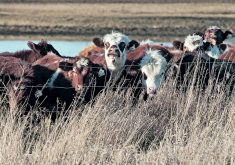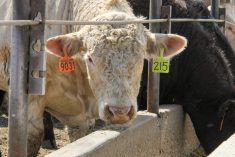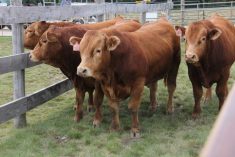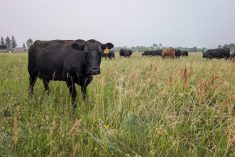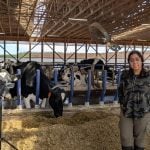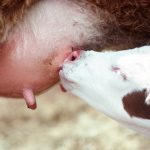Alberta is set to gradually pull its $8 million in annual funding from the University of Saskatchewan’s Western College of Veterinary Medicine (WCVM) and instead expand the vet school at the University of Calgary.
The province announced Thursday it will expand enrolment for the University of Calgary’s Veterinary Medicine program (UCVM) from 130 students currently to about 210 by 2023.
At the same time, Alberta’s minister of advanced education, Marlin Schmidt, announced the province won’t renew its participation in the WCVM’s four-province funding agreement after 2020.
The province will instead allocate $4.7 million per year to the University of Calgary’s veterinary program starting in 2020 with incremental increases of 20 seats per year, allowing Alberta’s current WCVM students to complete their studies, for savings of $3.3 million per year.
Read Also
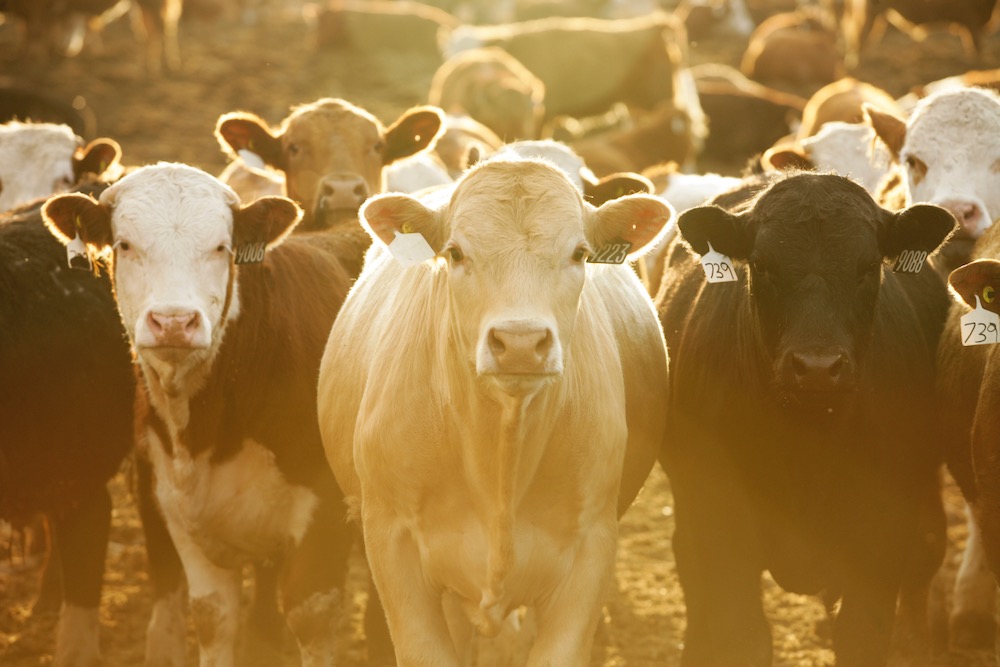
U.S. livestock: Cattle futures drop on Trump call for lower prices
Cattle futures on the Chicago Mercantile Exchange dropped sharply on Wednesday, reacting to comments from United States President Donald Trump…
With the new funding for the UCVM, “we will now have the capacity to train all of our students right here in Alberta,” Schmidt said in a release.
“The partnership with the other provinces worked for many years, but by focusing our support on one Alberta-based program, we will achieve provincial cost savings and increase access. This will make life better for students, families and communities.”
Alberta’s decision “will certainly have an impact on the WCVM’s programs and services,” WCVM dean Dr. Douglas Freeman said in a separate release Thursday. “However, one province’s decision doesn’t erase all that we have built and accomplished together in the past five decades.”
The WCVM, which the four western provinces set up in 1963, “will continue to be Western Canada’s veterinary college, providing quality veterinary education, research and clinical expertise to the region,” he said. “We will not let the loss of support from one partner jeopardize our college’s value to all western Canadians.”
The “most immediate impact” of Alberta’s decision, he said, will be on the province’s own students. With Alberta funding new veterinary student seats only at UCVM beyond the 2019-20 academic year, he said, students from Alberta will “no longer have the choice” of completing a DVM degree at the WCVM.
The Saskatoon-based college noted it offers access to a “thriving” veterinary teaching hospital, a “diverse caseload of small and large animal patients,” specialized faculty, livestock-focused teaching and research facilities and a range of research centres on the U of S campus.
Alberta’s decision shouldn’t have an immediate impact on the Saskatoon college’s accreditation status with the American Veterinary Medical Association (AVMA) and the Canadian Veterinary Medical Association (CVMA), the WCVM said, but the loss of funding “will need to be addressed.”
Meanwhile, Freeman said, “we will be working on funding models for the college while we continue to build our programs based on our longstanding partnerships.”
Under the interprovincial agreement as it stands today, the WCVM takes 78 new veterinary students per year, with Alberta, B.C. and Saskatchewan each supporting 20 seats while Manitoba supports 15. Two more seats are allocated for Indigenous students through the WCVM’s education equity program and one seat is for a student from the northern territories.
For its part, the Alberta government said it expects more students and communities across the province to benefit from the Calgary program’s community-based practicum model, which connects veterinary students with rural practices to “meet labour market demand and strengthen Alberta’s agricultural sector.”
The added funding for Calgary “allows more Alberta students the opportunity to study in their home province and serve rural and remote communities,” Dru Marshall, the University of Calgary’s vice-president (academic), said in Thursday’s release.
“This investment cements the leadership role taken by the government of Alberta to specifically support its livestock industry and the public health of all Albertans.”
Baljit Singh, dean of Calgary’s veterinary medicine faculty, said the new funding “gives more Alberta students the opportunity to enter our community-embedded veterinary medical training programs and increases our capacity to graduate local veterinarians to support the province’s food animal, equine, and pet-owning communities.”
The new funding model is also expected to offer Alberta students “a number of collaborative opportunities,” noting Calgary’s partnership with the University of Alberta on a bachelor of animal science degree and on a combined masters of public health/doctor of veterinary medicine.
The labour market demand forecast for Alberta is nearly 1,100 veterinarians by 2023, the province noted Thursday.
Many WCVM graduates are already beginning their veterinary careers in Alberta communities, the Saskatoon college said Thursday, with 97 WCVM-trained veterinarians taking jobs in Alberta in the past four years, about 60 per cent of those being in mixed-animal or large-animal practices.
The WCVM noted it also today provides the entire western region with post-graduate programs, research in biomedical and veterinary sciences, clinical and diagnostic services, continuing education, public extension education and training support for veterinary technology students. — AGCanada.com Network



